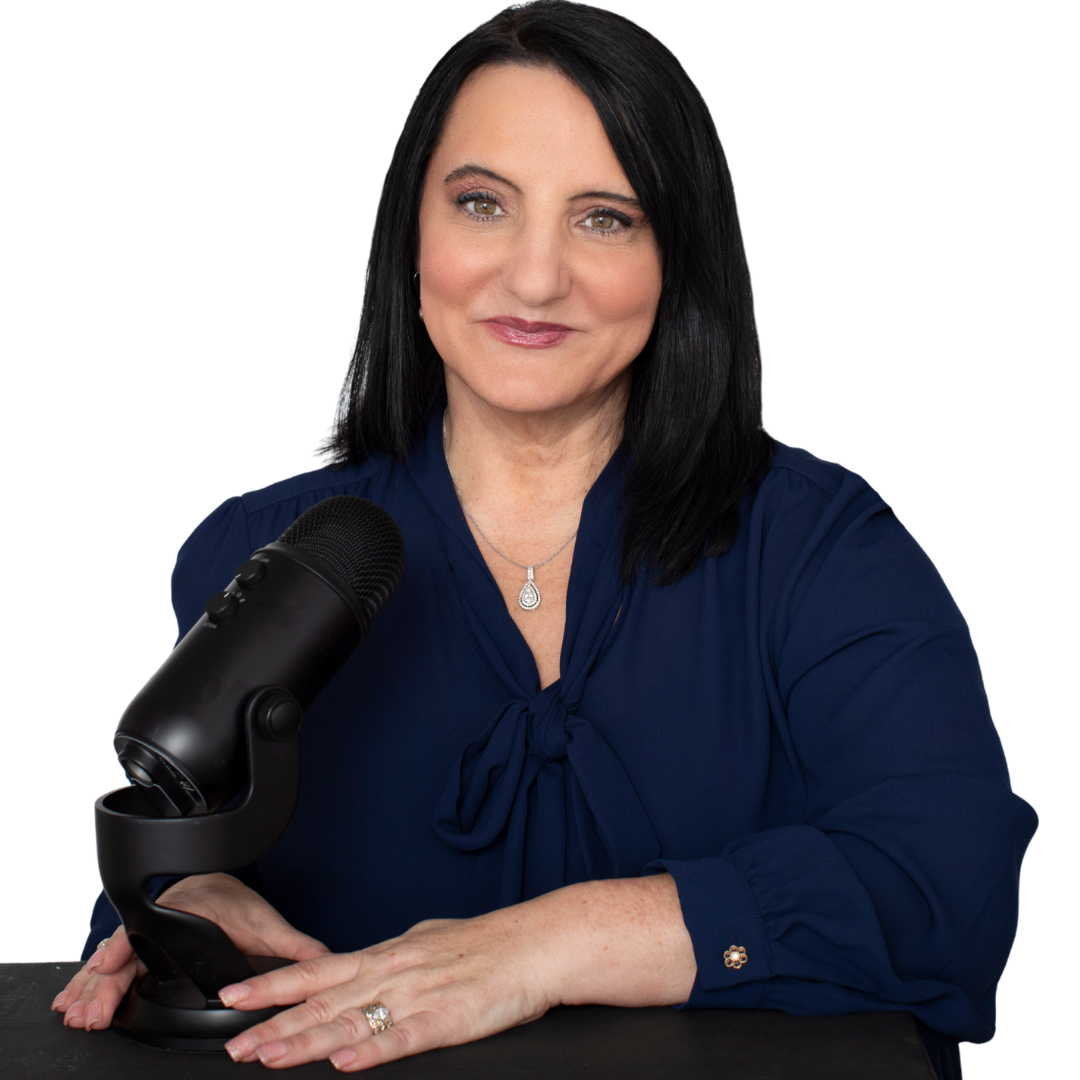[embed]https://player.captivate.fm/episode/0ff869be-0d5c-41cc-8af8-7917952493e5[/embed]Struggling with brain fog and constant stress? You’re not alone. When your thoughts feel clouded and everyday tasks feel impossible, it’s exhausting—for you and your child.In this episode, I share practical, science-backed strategies to clear brain fog, reduce stress, and help both you and your child regain focus, clarity, and a calm nervous system.
Brain fog isn’t just forgetfulness—it’s your brain signaling that it’s overwhelmed. Chronic stress activates the fight-or-flight response, releasing stress hormones that cloud thinking and zap energy.
Remember: It’s not bad parenting—it’s a dysregulated brain.
Stress affects the whole nervous system, but simple daily strategies can make a huge difference:
Finding what works and sticking to it builds resilience for the whole family.

Want to stay calm when your child pushes every button? Become a Dysregulation Insider VIP and get the FREE Regulation Rescue Kit—your step-by-step guide to stop oppositional behaviors without yelling or giving in. Go to www.drroseann.com/newsletter and grab your kit today.
Endorphins, sleep, hydration, and mindful movement are your brain’s best friends:
Real-Life ExampleOne parent started a 10-minute daily yoga routine with her child and noticed calmer evenings and sharper focus within two weeks.
What your family eats directly affects cognition and stress levels.
Tip: Begin with small swaps—replace sugary snacks with fruit or add a handful of nuts to breakfast.Even tiny dietary changes can dramatically improve energy and clarity over time.🗣️ “When we calm the brain, we open the door to focus, clarity, and resilience. These strategies aren’t just for your child—they work for you too.” — Dr. Roseann
Brain fog and stress don’t have to control your life. By calming the nervous system, prioritizing self-care, and using practical strategies, you and your child can regain clarity, focus, and calm. It’s gonna be OK—you’re not alone.
If they seem forgetful, irritable, or mentally cloudy after school or transitions, stress may be the cause. Patterns matter more than occasional lapses.
Short movement breaks, deep breathing, and hydration often provide immediate mental clarity.
Yes—even 5–10 minutes of guided mindfulness or mindful walking daily can calm the nervous system and improve attention.
Highly processed foods, excess sugar, and unhealthy fats can increase inflammation and mental fatigue.
Some improvements can appear in days, but consistent practice over weeks builds lasting focus and calm.Tired of not knowing what’s really going on with your child?The Solution Matcher gives you a personalized recommendation based on your child’s behavior, not just a label. It’s free, takes just a few minutes, and shows you the best next step.Go to www.drroseann.com/help

